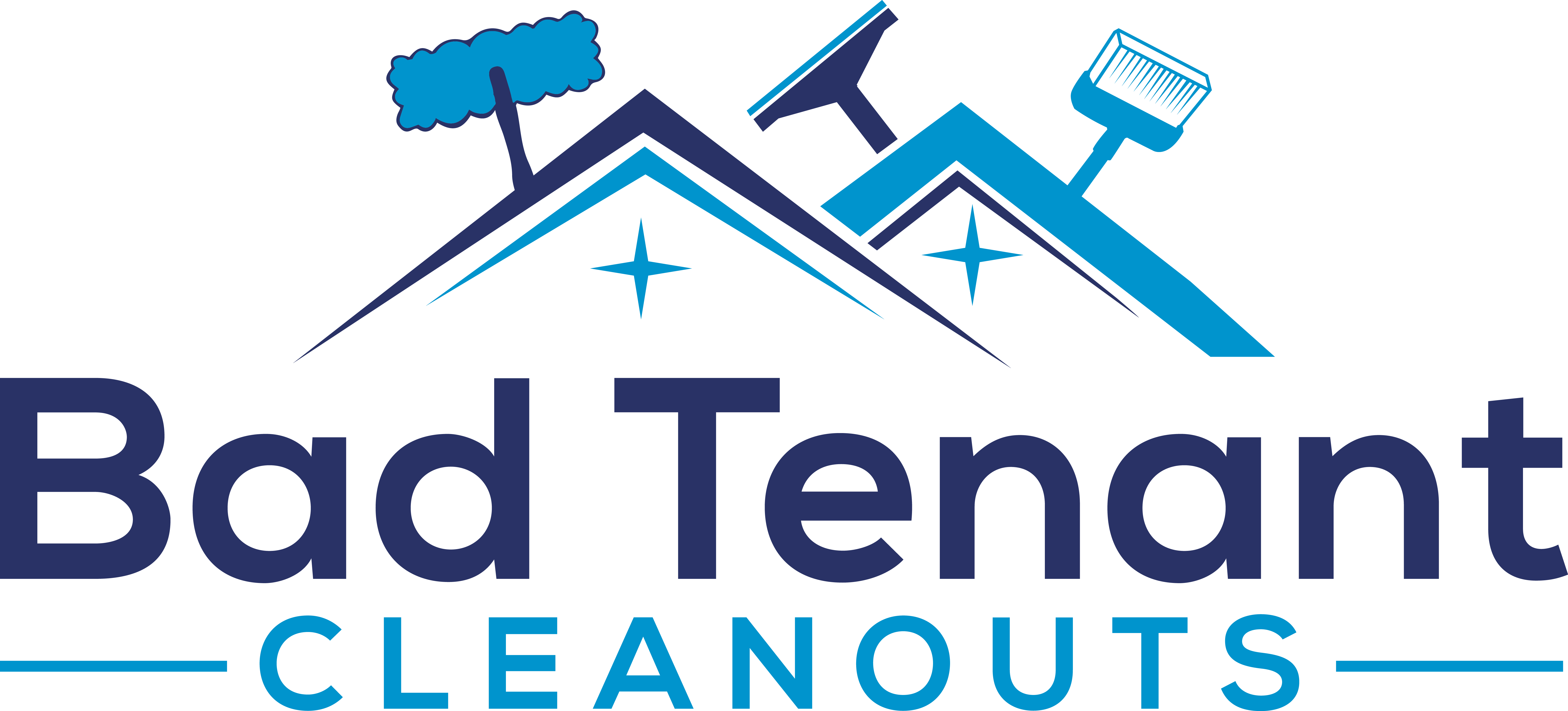How to Find an Eviction Lawyer in Toronto
Navigating the legal process of eviction can be challenging, especially if you’re unfamiliar with the laws and regulations that govern landlord-tenant relationships in Toronto. Whether you’re a landlord dealing with a bad tenant or a tenant facing an unfair eviction, hiring an eviction lawyer can make a significant difference in the outcome of your case. In this blog post, we’ll walk you through the steps to find a qualified eviction lawyer in Toronto, ensuring that you get the legal support you need.
1. Understand Why You Need an Eviction Lawyer
Before diving into how to find an eviction lawyer, it’s important to understand why you might need one. An eviction lawyer specializes in the legal aspects of removing tenants from a property. They are familiar with Ontario’s Residential Tenancies Act (RTA), which outlines the rights and responsibilities of both landlords and tenants.
When You Might Need an Eviction Lawyer:
- For Landlords:
- Dealing with a bad tenant who refuses to pay rent.
- Handling a tenant who is violating the terms of the lease (e.g., causing property damage, engaging in illegal activities).
- Navigating the legal process for evicting a tenant after purchasing a property.
- For Tenants:
- Contesting an eviction notice you believe is unfair or illegal.
- Seeking advice on your rights when faced with eviction.
- Needing representation in a hearing at the Landlord and Tenant Board (LTB).
2. Start with Research
Once you’ve identified the need for an eviction lawyer, the next step is to start researching potential candidates. There are several ways to begin your search:
Online Directories:
- Law Society of Ontario (LSO): The LSO’s online directory allows you to search for licensed lawyers in Ontario. You can filter your search by location (Toronto) and practice area (eviction, landlord-tenant law).
- Legal Aid Ontario: If you qualify for legal aid, this organization provides resources and may connect you with a lawyer who specializes in landlord-tenant disputes.
- Google and Yelp: These platforms offer reviews and ratings of local lawyers, which can help you gauge the experiences of previous clients.
Word of Mouth:
- Ask for Recommendations: Friends, family, or colleagues who have been through a similar situation can be valuable resources. They may recommend a lawyer they had a positive experience with.
- Consult with Property Managers or Real Estate Agents: These professionals often work closely with eviction lawyers and can provide trusted referrals.
3. Check Qualifications and Experience
Not all lawyers are created equal, and it’s important to find one who has the right qualifications and experience in eviction law. Here’s what to look for:
Specialization:
- Make sure the lawyer specializes in landlord-tenant law or eviction cases. This area of law has specific nuances, and a general practice lawyer may not have the in-depth knowledge needed to handle your case effectively.
Experience:
- Look for a lawyer who has several years of experience in handling eviction cases in Toronto. Experience often correlates with familiarity with local laws, procedures, and the Landlord and Tenant Board (LTB).
Track Record:
- Ask about the lawyer’s track record in handling cases similar to yours. A good eviction lawyer should be able to provide examples of successful outcomes they have achieved for clients in the past.
Accreditation:
- Ensure the lawyer is licensed to practice in Ontario and is in good standing with the Law Society of Ontario. This information can usually be verified through the LSO’s online directory.
4. Schedule Consultations
Once you’ve narrowed down your list of potential lawyers, the next step is to schedule consultations. Most lawyers offer an initial consultation, which may be free or for a nominal fee. This is your opportunity to get to know the lawyer and determine if they are the right fit for your needs.
What to Ask During the Consultation:
- Experience: How many eviction cases have you handled, and what were the outcomes?
- Approach: What is your strategy for handling eviction cases? How do you plan to approach my situation?
- Costs: What are your fees, and what services are included? Are there any additional costs I should be aware of?
- Communication: How often will we communicate, and what is your preferred method of communication? Will I be dealing directly with you or with an assistant?
Assessing the Consultation:
- Pay attention to how the lawyer communicates. Are they clear, concise, and confident in their abilities? Do they listen to your concerns and provide thoughtful answers?
- Consider whether you feel comfortable with the lawyer. Eviction cases can be stressful, and it’s important to work with someone you trust and feel at ease with.
5. Understand the Costs Involved
Legal fees can vary widely depending on the complexity of your case and the lawyer’s experience. Before hiring a lawyer, make sure you fully understand the costs involved.
Types of Fees:
- Hourly Rate: Many lawyers charge by the hour, so the total cost will depend on how much time they spend on your case.
- Flat Fee: Some lawyers may offer a flat fee for handling an eviction case, which can make costs more predictable.
- Retainer: Lawyers often require a retainer, which is an upfront payment that covers their initial work. Additional fees may apply as the case progresses.
Additional Costs:
- Court Fees: Filing fees and other court-related expenses may be additional to the lawyer’s fees.
- Expert Witnesses: If your case requires expert testimony, there may be additional costs involved.
Negotiating Fees:
- Don’t be afraid to discuss fees and ask if there’s any room for negotiation, especially if you’re dealing with a straightforward case. Some lawyers may be willing to offer payment plans or adjust their fees based on your situation.
6. Review the Lawyer’s Contract
Before officially hiring an eviction lawyer, carefully review the contract or engagement letter they provide. This document outlines the terms of your agreement, including fees, services, and the scope of the lawyer’s representation.
Key Points to Review:
- Scope of Work: Make sure the contract clearly defines what services the lawyer will provide and what is included in the fees.
- Fee Structure: Ensure the fee structure is clearly outlined, including any potential additional costs.
- Communication: Understand how and when the lawyer will communicate with you throughout the case.
- Termination: Review the terms for ending the contract if you are unsatisfied with the services provided.
7. Make Your Decision
After completing your research, consultations, and reviewing the contract, it’s time to make your decision. Choose the lawyer who best meets your needs in terms of experience, approach, communication, and costs.
Trust Your Instincts:
- Choose a lawyer you feel confident in and comfortable with. The legal process can be complex, and having a trustworthy lawyer by your side can make a significant difference.
Prepare for the Process:
- Once you’ve hired your lawyer, be prepared to work closely with them. Provide all necessary documents, communicate openly, and follow their advice to achieve the best possible outcome.
Finding the Right Eviction Lawyer in Toronto
Finding an eviction lawyer in Toronto doesn’t have to be overwhelming. By understanding your needs, conducting thorough research, and carefully selecting a lawyer with the right experience and qualifications, you can navigate the eviction process with confidence. Whether you’re a landlord or a tenant, having a skilled eviction lawyer on your side can help protect your rights and ensure a fair resolution.


